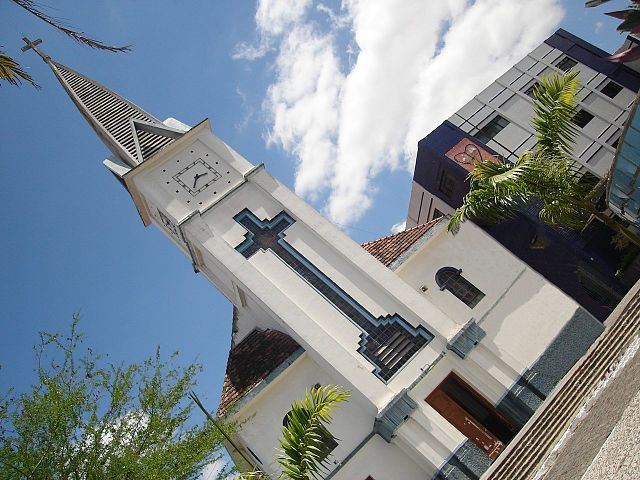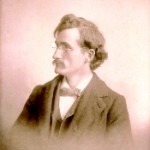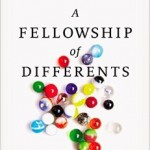
The thing that I have been most struck by as I have read the Sermon on the Mount (SOTM) repeatedly over the last few weeks, is how ambivalent it is toward what we call religion (or even at times, the text seems specifically anti-religious). I’m thinking here especially of Chapter 6 (v 1-18) and chapter 7 ( v. 15-29).
One of the shortcuts that “Industrialized” Western Christian has taken over the last century or more is to make an increasingly big deal about the weekly (or bi-weekly, etc) worship service: about exactly the sorts of things that Jesus instructs against — worship becoming a performance (6:1-18) or posturing with the sort of “Lord, Lord” spirituality that gives lip service, but doesn’t bear fruit (7:15-23).
When we talk about Slow Church, the undergirding spirituality that we have in mind is a wholistic, everyday one. Church isn’t just a religious product that we consume once or more every week. Church is a discerning community to which we belong everyday and whose collective wisdom gives shape to all facets of our lives: from where we work to what we eat and where it comes from to the sorts of education we want for our children and our neighbor’s children, etc, EVERY. THING.
I don’t think we should do away with worship services. I do think, however, that we should be scrutinizing them in light of our call to follow Christ in all things. Do they serve to draw us deeper in this sort of all-encompassing life of the church community or do they distract us from it? They are — in most non-monastic church contexts anyway — a pretty small portion of the whole of our lives, and we should bear that perspective in mind as we reflect on HOW we gather together, but also the contrary perspective of the value of gathering and being together as a church community. Another tension: that we on one hand deeply value tradition and recognize its formative power and on the other hand need to be ever questioning/scrutinizing/discerning all things in love. Slow Church is slow because we recognize that we live and function as churches within tensions like these (and many more). The life to which we are called is one of conversation: sorting through all these theological, practical, economic, ecological tensions and navigating a course that fits who we are as a congregation with a particular history, tradition and place.
Following Jesus is not about putting on a show to ease and/or amuse our own troubled souls or those of our neighbors, but rather about being together and navigating everyday life as a community.
I have been reading the SOTM and thinking these thoughts about religion recently, but especially considering what these words of Jesus might mean as it pertains to the Sabbath (as I will be talking about this tomorrow with a church in Cincinnati). It seems like a lot of our concepts of Sabbath, are loaded up with religion, most Christians think of Sunday as the Sabbath, and that day often gets packed full of religious doing. It seems like the spirit of the Sabbath laws in the Torah, is guide us toward minimizing our will to do (for a day) and thus create space to be — learning over time to be present with one another and to love and trust one another as families and as church communities and as neighbors, etc.
I have some thoughts about how a Sabbath practice of being can shape a wholistic, everyday faith in Jesus, but those will have to wait for another day.












